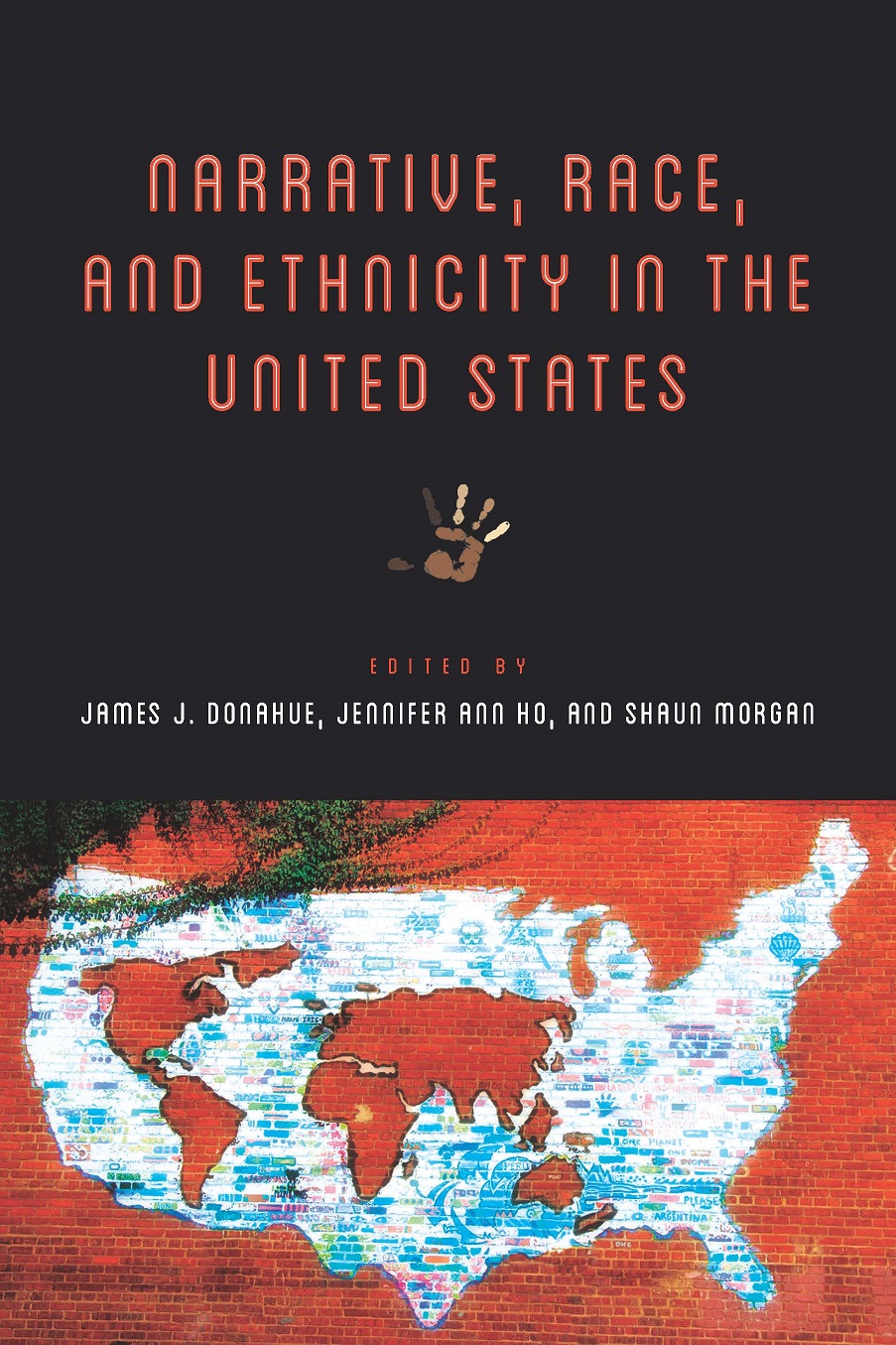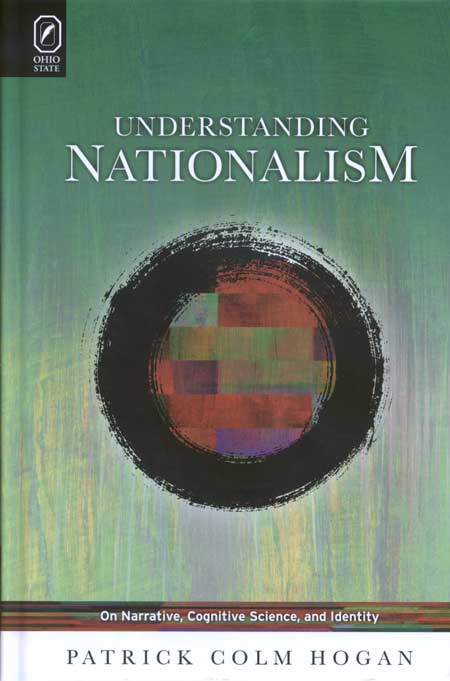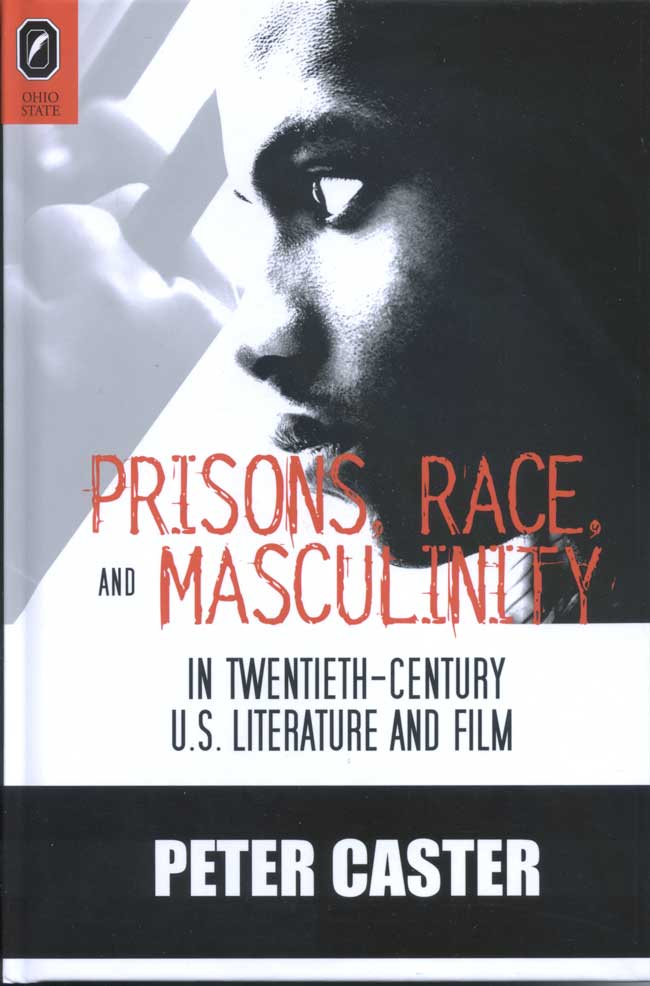Narrative, Race, and Ethnicity in the United States, edited by James J. Donahue, Jennifer Ho, and Shaun Morgan, is the first book-length volume of essays devoted to studying the intersection of race/ethnicity and narrative theories. Each chapter offers a sustained engagement with narrative theory and critical race theory as applied to ethnic American literature, exploring the interpretive possibilities of this critical intersection. Taken as a whole, these chapters demonstrate some of the many ways that the formal study of narrative can help us better understand the racial/ethnic tensions of narrative fictions. Similarly, the essays advance the tools of narrative theory by redeploying or redesigning those tools to better account for and articulate the ways that race and ethnicity are formal components of narrative as well as thematic issues.
Recognizing that racial/ethnic issues and tensions are often contextualized geographically, this volume focuses on narratives associated with various racial and ethnic communities in the United States. By engaging with new developments in narrative theory and critical race studies, this volume demonstrates the vitality of using the tools of narratology and critical race theory together to understand how race influences narrative and how narratology illuminates a reading of race in ethnic American literature.
James J. Donahue is Associate Professor of English and Communication at SUNY Potsdam. Jennifer Ho is Professor of English and Comparative Literature at University of North Carolina at Chapel Hill. Shaun Morgan is Associate Professor of English at Tennessee Wesleyan University.
Contents
Acknowledgments
Introduction
Narrative, Race, and Ethnicity in the United States
James J. Donahue
Chapter 1
What Asian American Studies and Narrative Theory Can Do for Each Other
Sue J. Kim
Chapter 2
Narrative Form, Ideal Readerships, and Oscar “Zeta” Acosta’s The Autobiography of a Brown Buffalo
Christopher González
Chapter 3
Narrative Disidentification: Beginnings in Toni Morrison’s Song of Solomon
Catherine Romagnolo
Chapter 4
Narrative Process and Cultural Identity in Leslie Marmon Silko’s Ceremony
Stephen Spencer
Chapter 5
Black World / White World: Narrative Worldmaking in Jim Crow America
Blake Wilder
Chapter 6
Postblack Unnatural Narrative—Or, Is the Implied Author of Percival Everett’s I Am Not Sidney Poitier Black?
Christian Schmidt
Chapter 7
The Presumptions of Whiteness in Ann Petry’s Country Place
Stephanie Li
Chapter 8
“One Silence Had Led to Another”: Strategic Paralipsis and a Non-Normative Narrator in Bitter in the Mouth
Patrick E. Horn
Chapter 9
Rhetorical Narrative Theory and Native American Literature: The Antimimetic in Thomas King’s Green Grass, Running Water
Joseph Coulombe
Chapter 10
Narration on the Lower Frequencies in Ralph Ellison’s Invisible Man
Sterling Lecater Bland Jr.
Chapter 11
Race as Interpretive Lens: Focalization and Critique of Globalization in Jhumpa Lahiri’s “Sexy”
Shaun Morgan
Chapter 12
Race, Cosmopolitanism, and the Complexities of Belonging in the Open City: Teju Cole’s Transcontinental Aesthetics
Claudia Breger
Chapter 13
Caribbean Book Nerds: Recentering to Possible Worlds in Judith Cofer and Junot Díaz
Deborah Noel
Chapter 14
Homo-Narrative Capture, Racial Proximity, and the Queer Latino Child
Roy Pérez
Afterword Intersections and Future Connections
Jennifer Ann Ho
Works Cited
List of Contributors
Index
Related Titles:
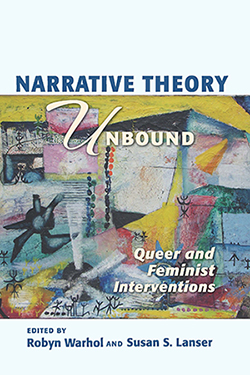
Narrative Theory Unbound
Queer and Feminist Interventions
Edited by Robyn Warhol and Susan Lanser
HARDCOVER
PAPER
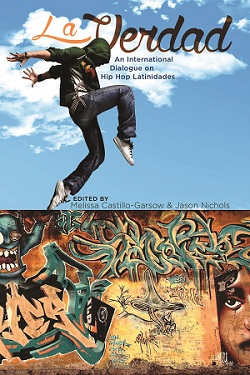
La Verdad
An International Dialogue on Hip Hop Latinidades
Edited by Melissa Castillo-Garsow and Jason Nichols
HARDCOVER


